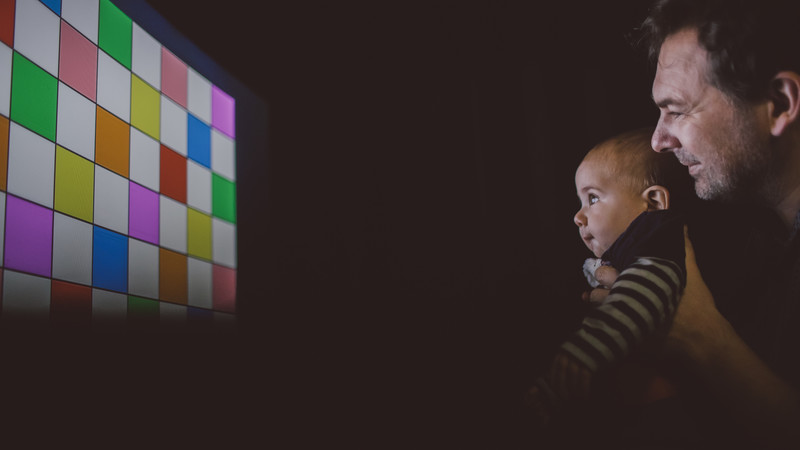Study finds parents' attitudes to sleep are reflected in their attitudes to their child’s sleep.

Researchers have found a link between parents' worries about their own sleep and the sleep practices they themselves use, and parents' worries about their child’s sleep and the settling methods they use with them at bedtime.
The findings were reported in the Journal of Sleep Research after a study of 44 families investigated how parents' views and their own sleep habits might be related to how they view their child’s sleep and the way they settle their child to sleep. The children studied were all between 12 and 24 months old.
The thoughts and worries parents had about their own sleep mirrored their thoughts and worries about their child's sleep. Parents who were more worried about their own sleep, for example whether they would be able to get to sleep or whether they would have a good night’s sleep, tended to be more worried about their child’s sleep, for example being more concerned that their child had sleep problems and what might happen to their child if they do not get enough sleep.
Different influences on sleep
Interestingly, whether mothers or fathers thought their child had a sleep problem was influenced by different things. For mothers, it was the sleep habits around bedtime and practices they used to settle their child to sleep that influenced if they thought their child’s sleep was a problem. Whereas for fathers, it was their worries about their child’s sleep and the practices they used to settle their child to sleep which influenced if they thought their child had a sleep problem.
The study also found that parents who settled their child by cuddling them to sleep, or intervened when their child was not sleeping by picking them up reported their child had more sleep problems than parents who left their child to settle themselves once they had finished their bed time routine or if they awoke overnight.
Dr Georgia Cook, Post Doctoral researcher at Oxford Brookes University who carried out the research said: “How parents' personal worries and habits around sleep translated into how they thought about and behaved in relation to their child’s sleep was fascinating. It shows just how complex family sleep is and that we need to do more research to work out how we can provide the best help for parents who are exhausted because of their own sleep issues, their child’s or both.
“We know Cognitive Behavioural Therapy for adult insomnia is effective and can help reduce sleep problems and improve sleep. Such an approach acknowledges that how people think and feel and behave are intricately connected. Understanding how parental thoughts (cognitions) and practices (behaviours) contribute to child sleep problems may help us to contribute to future treatments which address both the cognitive and behavioural aspects of child sleep problems.
“More scientific research into the specific factors that influence children’s sleep and any problems would really help us to understand and develop support mechanisms to help parents establish healthy sleep in their children. Getting enough good quality sleep is vital for everyone’s health and well-being - young or old.”
